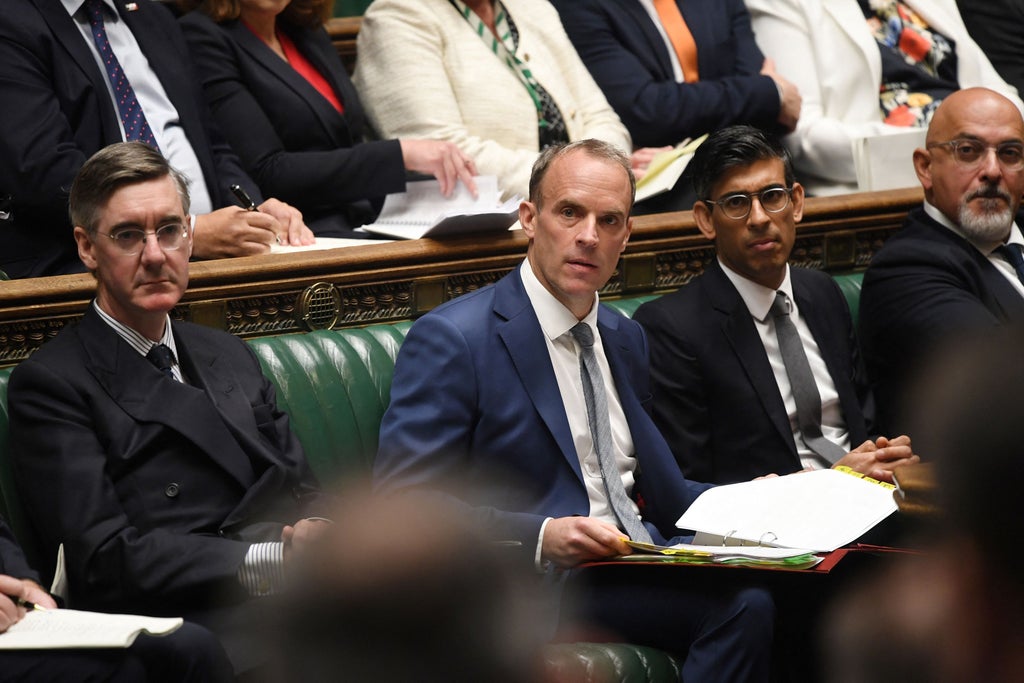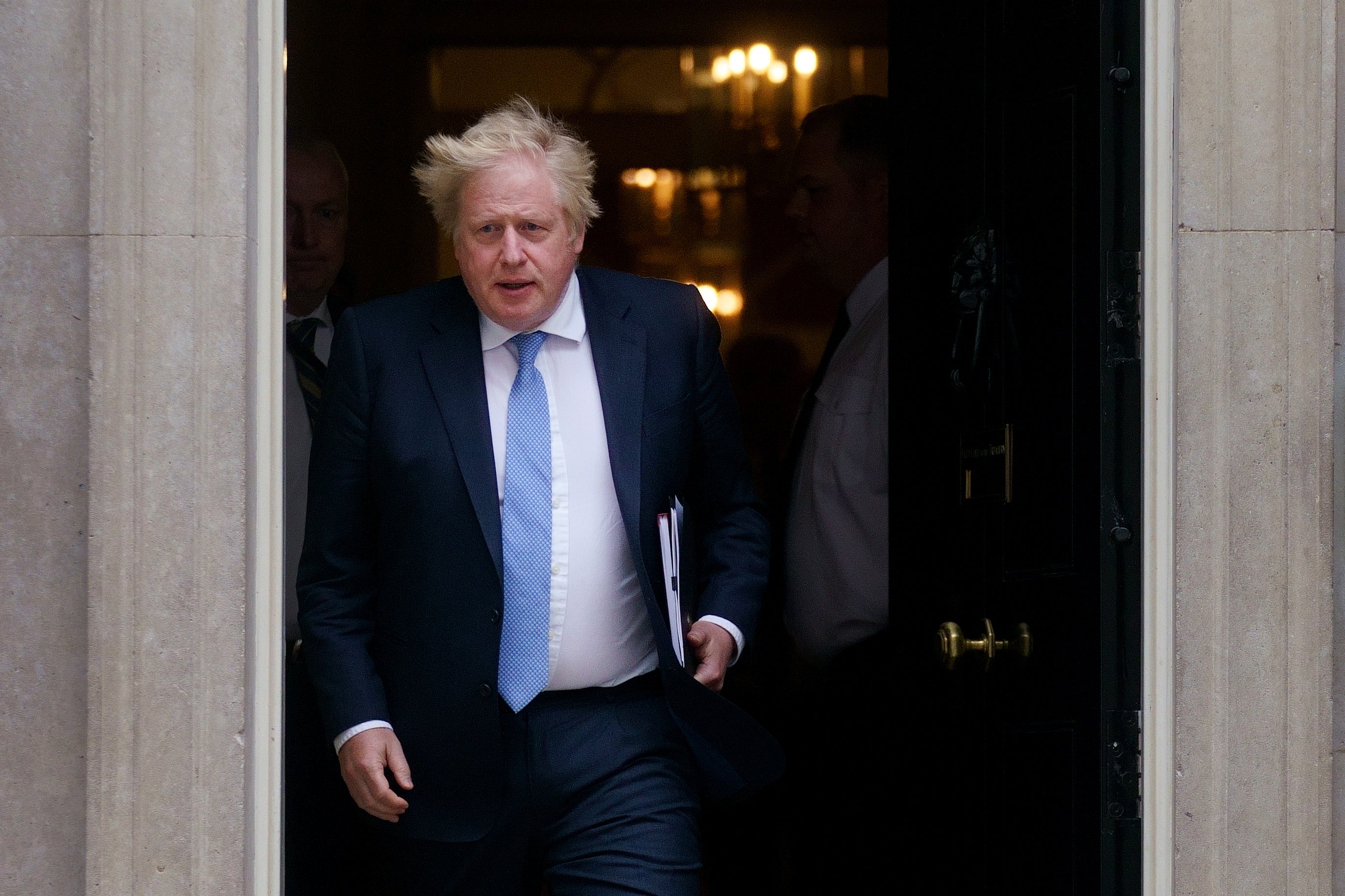
Britons increasingly feel the country is becoming more divided by “culture wars”, a new study suggests.
More than half (54 per cent) of almost 3,000 people surveyed say the population is becoming more polarised — an increase from the 46 per cent reported in 2020.
This is mostly true of surveyed Conservative and Labour voters over the age of 55, researchers said.
At the same time, 29 per cent of people have said they neither agree nor disagree that culture wars are dividing the country – down from 37 per cent. There has been a slight increase in the share of people who disagree, from 8 per cent to 12 per cent.
These changes have correlated with the popular use of sociopolitical words and phrases such as ‘woke’, ‘cancel culture’, and ‘white privilege’.
In 2018, ‘cancel culture’ – an alleged prevalence of social and/or professional ostracism over people’s or a specific person’s beliefs – first appeared in just six newspaper articles, researchers said.
But, by 2021, the word was to be found in 3,670 articles, according to the report by the Policy Institute at King’s College London (KCL) and market research company Ipsos UK.

The Daily Mail and the Independent – on opposite ends of the UK media spectrum – have published the term ‘cancel culture’ the most out of all newspapers when reporting on the issue, 23 per cent and 14 per cent respectively, the report says.
The term ‘woke’ in American slang means to be “alert to racial prejudice and discrimination”, according to online definitions.
Despite its origins in racial discourse, it’s now used to describe someone or something that seeks to portray themselves as politically correct – either generally or on a specific issue. But it’s now mostly seen as an insult, according to the researchers’ study.
While more than a quarter (26 per cent) of people said it was seen as a positive thing, more than a third of people (36 per cent) surveyed agreed that, given the way the word is used, they believe it’s more derogatory than complimentary.
Even MPs have caught wind of the word. Some of the critics of ‘wokery’ have been House of Commons leader and Tory MP Jacob Rees-Mogg, who said that the Ukraine war made “woke” discussion of the Downing Street Partygate scandal look like “fluff”.
Justice secretary Dominic Raab has argued – in defending government plans to replace Labour’s Human Rights Act with a proposed UK Bill of Rights – that “wokery” has “whittled down” freedom of speech.

Professor Bobby Duffy said that, as feelings of divisions appear to have increased, it’s important to consider the tone in which the more sensitive subjects – such as race, class and gender – are spoken about.
The director of the KCL’s Policy Institute said: “There has been an extraordinary increase in the media’s focus on culture war issues and terms in recent years, reflected in our analysis of UK newspaper content.
“‘Cancel culture’, for example, didn’t exist in our national discussions only a handful of years ago, but now there are thousands of articles that use the term.
“It’s no surprise, then, that this media and political debate seems to have affected public opinion. Awareness of the key terms is growing, and the meaning of key words is changing – not least “woke”, with a clear shift to seeing it is an insult, rather than a compliment.
The overall trend is towards people being more likely to see the UK as divided by ‘culture wars’.
“We need to remember that these issues are far from the top of people’s lists of concerns, and the vast majority of people are not as fired-up as the media and social media discussion often suggests. But that doesn’t mean the issues are irrelevant to the public – there are important debates to be had about culture change in the UK.
“However, the tone of the discussion, as much as the content, matters – and the nature of the conversation we’re currently having is risking increased division.”
The findings, from the KCL and Ipsos UK research, are part of a series of studies updating on research carried out in 2020. The series of studies is informed by two nationally representative surveys of nearly 3,000 people.







